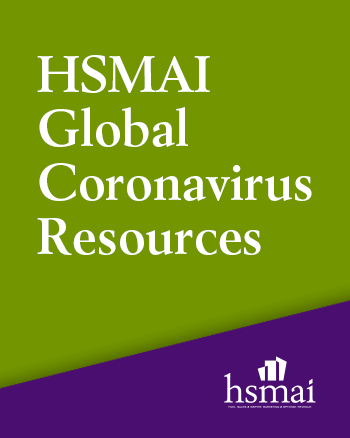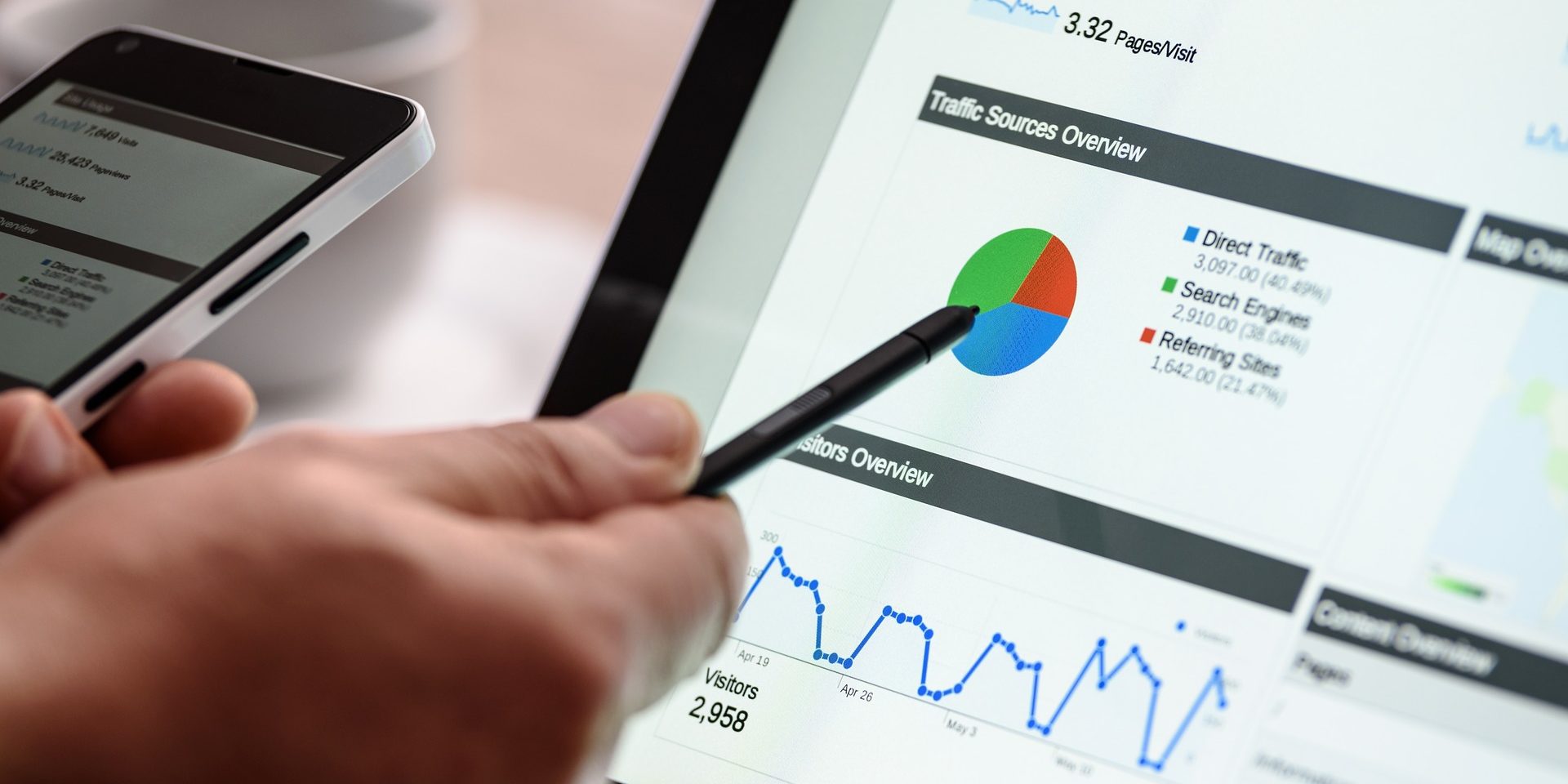By Kaitlin Dunn, Writer, Hospitality Sales & Marketing Association International (HSMAI)
 HSMAI hosts regular Executive Roundtable programs for senior hospitality professionals to meet and discuss relevant issues. Typically, these are face-to-face events, but due to the coronavirus, HSMAI hosted two Chief Digital Officer Virtual Roundtables — on April 1 for brand CDOs and April 8 for hotel management company CDOs. Both programs focused on the impact that COVID-19 is having on hotel digital marketing.
HSMAI hosts regular Executive Roundtable programs for senior hospitality professionals to meet and discuss relevant issues. Typically, these are face-to-face events, but due to the coronavirus, HSMAI hosted two Chief Digital Officer Virtual Roundtables — on April 1 for brand CDOs and April 8 for hotel management company CDOs. Both programs focused on the impact that COVID-19 is having on hotel digital marketing.
Participants at the two roundtables had similar insights, including the key indicators that they said are helping to guide their actions during the pandemic:
1. PAID MEDIA
Several CDO roundtable participants mentioned that they were currently pausing paid media advertisements, but others said they were starting to bring them back at least in some markets. “We’ve tested different markets to see where it was effective and through which channels it was most effective,” one participant said.
Another roundtable participant said their company was looking at data every day instead of monthly to figure out how to tweak paid campaigns as often as needed. “We are keeping an eye on the comp sets and their activity to help guide our investments,” the participant said.
2. ORGANIC SEARCH
Because many hotels are not currently investing as much into paid searches, organic search results are more important than ever to draw in guests. “With most of the paid search going away, we’ve been seeing organic search show up more,” one roundtable participant said. “We have been looking at what shows up in a search and doing some content hygiene around that.”
“It’s like a canary in the coal mine to see when things will ramp up,” another participant said. “We’re using all of these things to see where people are coming from and when they are booking or searching for dates, and we can learn so much from it.”
3. BRAND ACTIONS
For branded hotels, many are forced to use brand guidelines when it comes to messaging and are limited on services due to funding cuts, which, as some roundtable participants mentioned, is more stressful than in a normal situation. “I have been shocked at how quickly the brands pulled everything,” one CDO participant said, referring to funding for services. “When a leader does that, it’s a little concerning. We’ve been monitoring it like crazy to see when they’re going to turn everything back on.”
“A lot of brands have reduced their sources,” another participant said, “and we’re curious what they will pull together to help with the ramp up and the recovery.”
Another roundtable participant said that they have struggled with publishing branded messaging, which isn’t always accurate for their specific hotel. “We’ve had some challenges with brands giving blanket messaging saying what services are available, and deciding if we should remove those things when it doesn’t apply to our hotel or put in an alert,” the participant said. “We’ve been navigating what the right messaging is. You could say [brands are] doing the best they can, but we need to be able to do our best to serve our guests. The one-size-fits-all approach is not always the best.”
4. UPDATING REAL-TIME POLICY CHANGES
At the rapid rate that everything is changing right now, a hotel could be legally allowed to open one day and forced to close the next. Many hotels are updating policy changes on their websites as soon as they take place, which benefits both customer and hotels. “I’ve appreciated having one place-of-record for the changes,” one roundtable participant said. “It’s been operationally effective, and speed to market has been good as a result.”
Another roundtable participant said that communicating cancellation policies has been helpful in getting customers to book directly through the hotel instead of using an OTA, because they see upfront that they need to book through the hotel in order to reap the benefits of the flexible cancellation policies being offered.
For additional information, insights, and tools, visit HSMAI’s Global Coronavirus Resources page.
